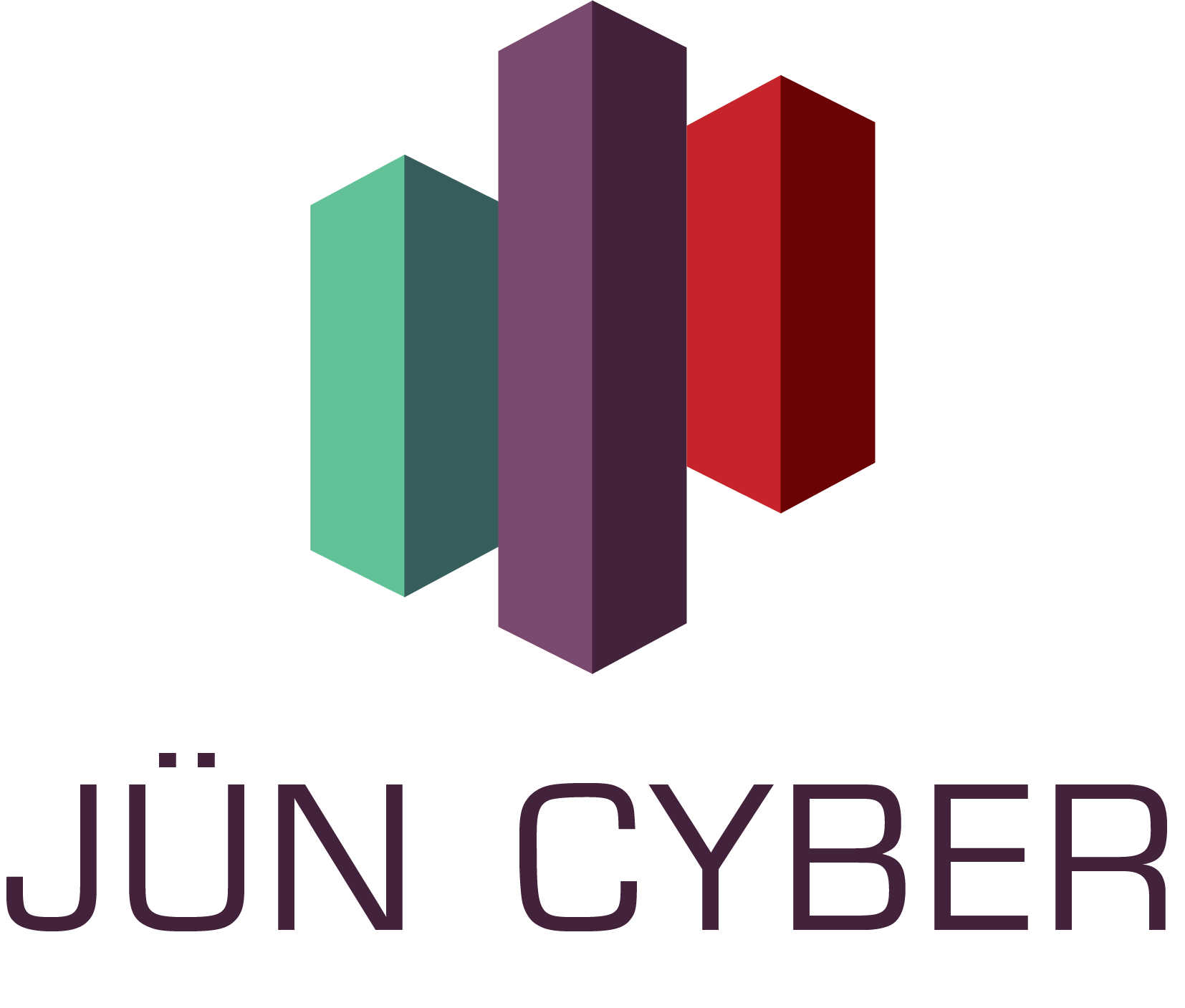CMMC Tax Credit: A Lifeline for Small Defense Contractors
The defense sector is a cornerstone of national security, and with the advent of digital transformation, cybersecurity has become integral to defense operations. In a recent move, the Department of Defense (DoD) and Congress are contemplating the introduction of a Cybersecurity Maturity Model Certification (CMMC) tax credit tailored for smaller defense contractors. This initiative is poised to address the financial challenges these entities face while enhancing cybersecurity standards across the defense supply chain. This blog delves into the key aspects and implications of this proposal, offering insights into its potential impact on the defense contracting landscape.
The Imperative for Enhanced Cybersecurity in Defense
With cyber threats becoming increasingly sophisticated and pervasive, robust cybersecurity frameworks are no longer optional but necessary. The defense sector, due to its sensitive nature, is a prime target for cyber adversaries. Therefore, ensuring that every link in the defense supply chain meets stringent cybersecurity standards is crucial. The CMMC framework was introduced to address this very need. It provides a structured approach to evaluating and enhancing the cybersecurity posture of defense contractors, encompassing different levels of maturity based on an organization’s capabilities and resources.
However, the implementation of CMMC certification can be resource-intensive, particularly for smaller contractors. These firms often lack the financial muscle and in-house expertise required to comply with complex cybersecurity requirements. This is where the proposed tax credit comes into play. By offering financial incentives, it seeks to alleviate the financial burden on these contractors, enabling them to invest in necessary cybersecurity measures without compromising their economic viability.
Understanding the CMMC Tax Credit Proposal
The proposed CMMC tax credit targets smaller defense contractors who play a pivotal role in the defense supply chain. While larger firms often have the resources to implement robust cybersecurity measures, smaller contractors may not. The tax credit is designed to provide these smaller entities with financial resources, thereby leveling the playing field in terms of cybersecurity readiness.
Key aspects of the proposal include:
- The tax credit aims to cover a portion of the costs associated with achieving CMMC compliance.
- It is specifically designed for smaller defense contractors, recognizing their critical role and unique challenges within the defense ecosystem.
- The credit is intended to be substantial enough to incentivize investments in cybersecurity without straining contractors’ financial resources.
This initiative highlights a significant shift in policy, acknowledging that cybersecurity is a shared responsibility and must be democratized across the defense sector.
Potential Benefits of Implementing the Tax Credit
Implementing the CMMC tax credit could lead to a myriad of benefits for small defense contractors and the broader defense ecosystem. First and foremost, it would reduce the economic burden of meeting cybersecurity standards. By alleviating financial pressures, contractors can focus on building robust security frameworks crucial for safeguarding sensitive defense information.
Moreover, this move is likely to accelerate compliance with cybersecurity requirements across the board. Contractors would have greater incentive to achieve CMMC certification, thus enhancing overall security. The improved compliance rates would lead to a more resilient defense supply chain, capable of defending against both current and emerging threats.
Additionally, this initiative could drive innovation. As contractors invest in cybersecurity, they may also explore new technologies and practices, fostering a culture of innovation within the defense sector. This could lead to advancements not only in cybersecurity but also in other areas of defense technology.
Challenges and Considerations
While the CMMC tax credit holds promise, several challenges and considerations must be addressed. First, the logistics of implementing and administrating the tax credit must be carefully planned. Clear guidelines on eligibility, application processes, and the extent of financial coverage need to be established to ensure smooth rollouts.
Secondly, there is the consideration of balancing support for smaller contractors with ensuring rigorous compliance. The credibility of the CMMC certification relies on maintaining strict standards and processes. Thus, any financial assistance must not dilute the certification’s robustness.
Finally, measuring the success of this program will be paramount. Developing metrics to assess how the tax credit impacts cybersecurity readiness and compliance rates will be essential. These metrics will also inform future policy-making and adjustments to the program to ensure its effectiveness.
The Future Outlook: A More Secure Defense Ecosystem
Looking ahead, the successful implementation of the CMMC tax credit could serve as a model for other sectors that rely heavily on subcontractor networks. By promoting cybersecurity at every level of the supply chain, organizations can build more resilient and secure ecosystems.
Furthermore, this initiative may motivate continuous improvements in cybersecurity standards. As contractors become more accustomed to integrating cybersecurity practices into their operations, the overall maturity of the industry will likely increase. This can contribute to a more secure digital landscape overall, benefiting not only the defense sector but all industries engaged in critical infrastructure.
Ultimately, the CMMC tax credit proposition represents a proactive step towards strengthening national defense. It underscores the importance of strategic partnerships between governmental entities, industry stakeholders, and policymakers in fortifying cybersecurity efforts.
As Jun Cyber, we emphasize the critical importance of cybersecurity in today’s digital age. Protecting our national infrastructure starts with empowering every link in the defense supply chain. Reach out to learn how we can support your journey toward enhanced cybersecurity compliance.
For more insights into cybersecurity and to schedule a consultation, visit www.juncyber.com and Schedule a Free Consultation with us.
For more information, refer to the original article: Read Here
Reputable External Backlinks
- The National Institute of Standards and Technology (NIST) – Provides key standards and guidelines on cybersecurity frameworks.
- Cybersecurity and Infrastructure Security Agency (CISA) – Offers insights into national cybersecurity initiatives and best practices.
- (ISC)² – Professional association for certified cybersecurity professionals which offers educational resources and certifications.
